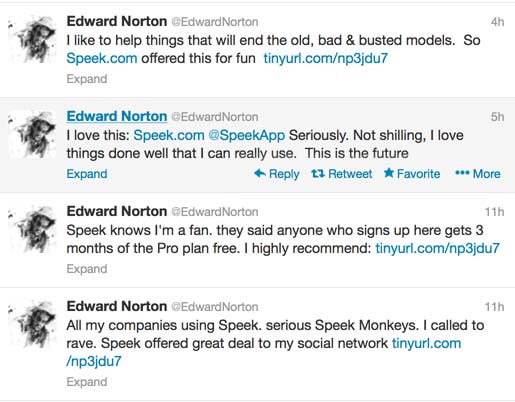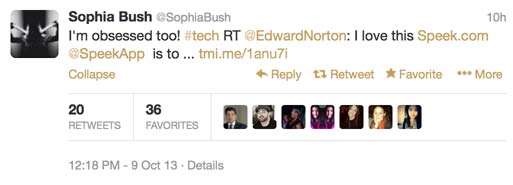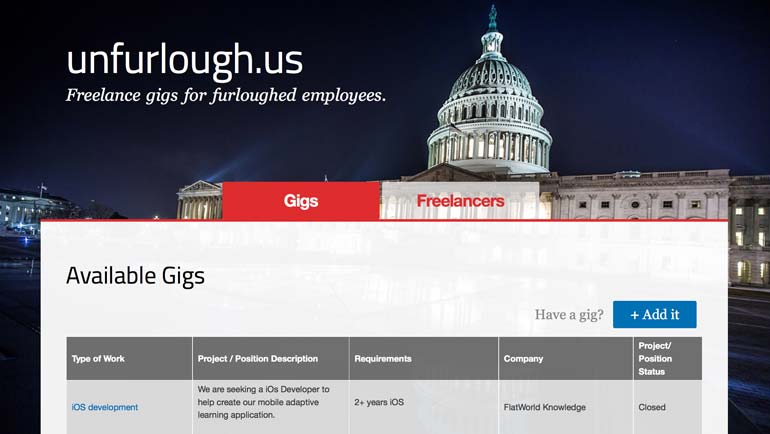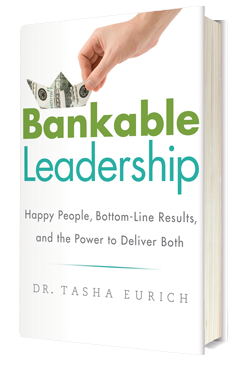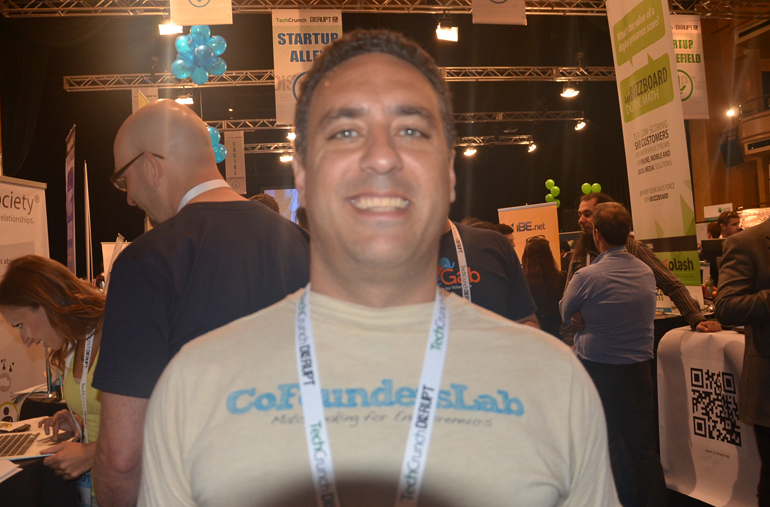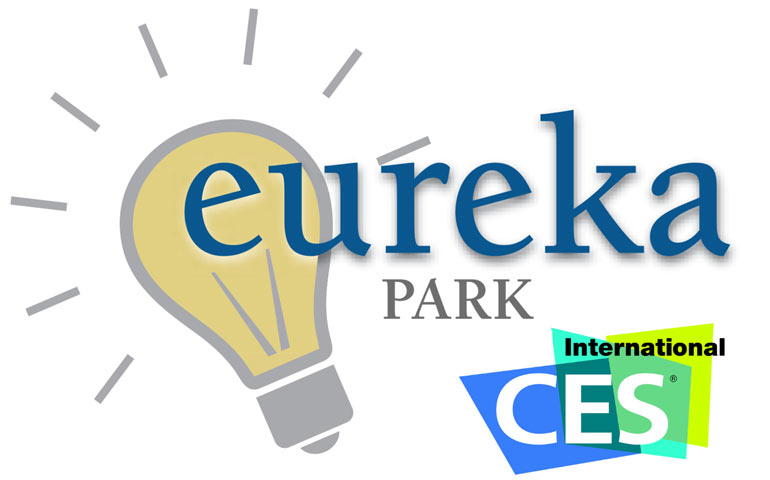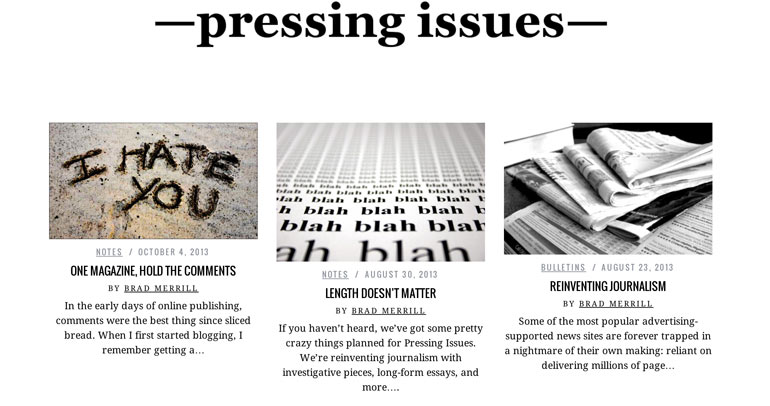
(img: Flickr)
How the death of a St. Louis Pizza Delivery Boy Sparked Jim McKelvey’s Latest Startup:
I got to spend a lot of quality time on a 1:1 phone interview with Square co-founder Jim McKelvey yesterday. After bumping into McKelvey at numerous events and talking startups or otherwise shooting the shit, I finally had time to dive in with one of St. Louis’ biggest startup community advocates.
We wasted no time during the interview call, so I went right for the “how does a glass blower get into startups, investing and now being a catalyst for the St. Louis startup community?” McKelvey explained that so many people are eager to give just one label to others, when in fact there are multiple labels for just about everyone. McKelvey is a professional, now hobbyist, glass blower. Blowing glass is something he enjoys when he can now, and he hasn’t been a professional glass blower since 1992.
McKelvey was formerly trained as an engineer and making things is something he’s great at. Over the years, one of his other hobbies, flying, has filled a lot of that time that he had for glass blowing, adding “pilot” to the list of labels attached to him.
We were supposed to talk about Six Thirty, the new St. Louis accelerator specifically for fintech (financial tech) startups. McKelvey is one of the co-founders of the Six Thirty accelerator. With companies like ScottTrade, MasterCard, and Wells Fargo (plus many more) based in St. Louis, a fintech accelerator is a natural fit. They even have a fintech fund in St.Louis called FinServe Tech Angels, which is headed by Kyle Wellborn.
McKelvey points to the launch of Square for the reason there was a need for a fintech accelerator
“We were able to build the technology for Square in 3 weeks. We were running transactions in no time. It took 18 months though to get legal,” McKelvey told me. He firmly believes that anyone with a great team, a good idea, and money behind them can launch a product to market. Launching a financial product is a whole other can of worms. Insurance regulations, PCI compliance, licensing and other legal hurdles stand in the way of a great startup just going for it with a financial product.
Through a cohort-based model, 4 companies will get the mentorship, training and connections they need to hopefully see their fintech startups get to market.
That was the quickest part of our talk, though. McKelvey is actually knee deep in two current working projects. One is Six Thirty; the other is still an “experiment,” but one that he is truly passionate about. LaunchCode is something that truly seems to fulfill McKelvey’s calling right now.
Jim loves teaching, and he loves empowering people. We briefly talked about how now you can walk the streets of Baltimore before a Ravens game or Cincinnati before a Reds game, and see the street vendors accepting credit cards through Square. “I love those kinds of stories” McKelvey said. Those stories show Square has been able to empower people to take their businesses to another level.
LaunchCode is another way people can get to another level.
“There’s only one industry I’ve ever seen where you can go from zero knowledge to a $100,000 salary in one year, and that’s programming,” McKelvey said. There are tens of thousands of folks out there who would absolutely agree.
You need to be driven, have a little bit of scientific or computer knowledge and want to learn, besides the technological tools like a computer. If you have those things you can learn to program.
Throughout his career McKelvey has seen all types of people learn to code and become legitimate programmers. Of course there are the high school computer science misfits, the college graduate engineers, and even people like a WalMart maintenance man who taught himself to code on the side. McKelvey knows that one personally. “He literally mops the floors at a local Walmart and he’s taught himself to code, and he’s good at it”.
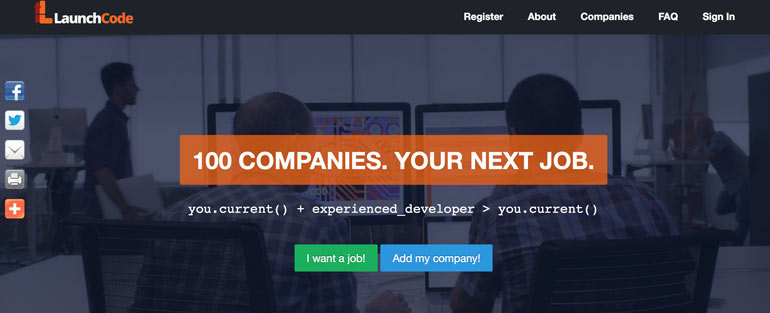
Before diving into what LaunchCode is, it’s important to know how McKelvey, who’s admittedly been “rich” for decades, got started with this latest project.
This story begins with pizza, but not in the way you would think with startups.
A friend of McKelvey’s had brought his family over to the US for a better life from Russia. That dream turned tragic for that family in May of 2012 when their 22-year-old son Daniel Maksimenko was shot and killed delivering a pizza in St. Louis. The young man was shot and killed before he even got out of the car, “and for–what–maybe $60,” McKelvey said.
This story has been eating away at McKelvey for quite some time. He didn’t understand why anyone would do something like this. It’s not like the pizza guy carries a lot of cash, and there obviously wasn’t time for an argument. McKelvey came to the realization that these people weren’t crazy. They did it because they thought they had no other hope.
In the same breath McKelvey points out that there are over 5,000 programming jobs available in St. Louis right this second, but the system is flawed and LaunchCode is changing that.
“When Boeing announces they are bringing 700 jobs to St. Louis, they aren’t bringing 700 jobs. They are bringing 700 job openings,” he points out.
LaunchCode doesn’t have an exact label just yet, and besides everything has multiple labels (see above). I likened LaunchCode to an individualized accelerator for programmers, and McKelvey liked that description.
LaunchCode is bridging the gap between the number of “job openings” and the talent pool. You see, most companies (and when we say most it’s most) require two years experience before hiring a programmer. Schools are churning out programmers left and right, and thousands of people are teaching themselves how to code through online courses and other study at home classes. So when these people are finished learning, they have nowhere to go because they don’t have that experience.
Through LaunchCode Mckelvey has teamed up with 100 businesses in St. Louis ranging from the city’s corporate flagships like ScottTrade, Energizer, and Entreprise, to St. Louis startups like aisle411.
“If you take those 100 startups, just two of them were hiring programmers with less than 2 years experience,” McKelvey said. The other 98% basically just swap employees around.
As an example, McKelvey explained “Say Boeing is working on a new plane and they need developers. They put out a call to their HR channel and recruiters recruit developers from Ralston Purina and Enterprise.” Then those companies hire away someone from another company and so on down the line. New people weren’t put to work; people were just moved around.
The problem has been apparent and glaring at people for decades, and now LaunchCode is fixing it.
McKelvey has convinced these 100 companies both big and small to take a crack at an experiment in peer programming that worked well for Square.
New programmers sign up for LaunchCode. Candidates need to have the basic skills, be eager to learn, take criticism well and a handful of other attributes outlined here. Nothing too hard, really.
While in the program, the new programmer will be paired with an experienced programmer, “mentor” on location with a participating company. During that time the programmer will make $15 per hour and gain a vast knowledge of programming in the real world.
“While we were paying double for one output at Square, we were getting a better quality product,” McKelvey said of peer programming. “When you pair an experienced programmer with a junior programmer, the junior programmer picks up quickly.”
Then you have two experienced programmers.
The program (like an accelerator) lasts 2-3 months. After that time the participating companies will evaluate the new programmer through a more equal lens and decide whether to hire them on full time. These companies all have programming openings, and the candidate will have then spent 2-3 months in their company, in their company culture, and with their company work flow. It seems that staying employed with the company will be pretty easy.
LaunchCode is disrupting the way talent is being hired. McKelvey reminded me several times that LaunchCode is still an experiment. He’s hoping with some success to evaluate LaunchCode to see if expansion vertically, horizontally or both is the next step. In the mean time many have their eyes on what’s going on in St. Louis.
Check out LaunchCode here.
Jim McKelvey image: Bob Lee, Flickr









